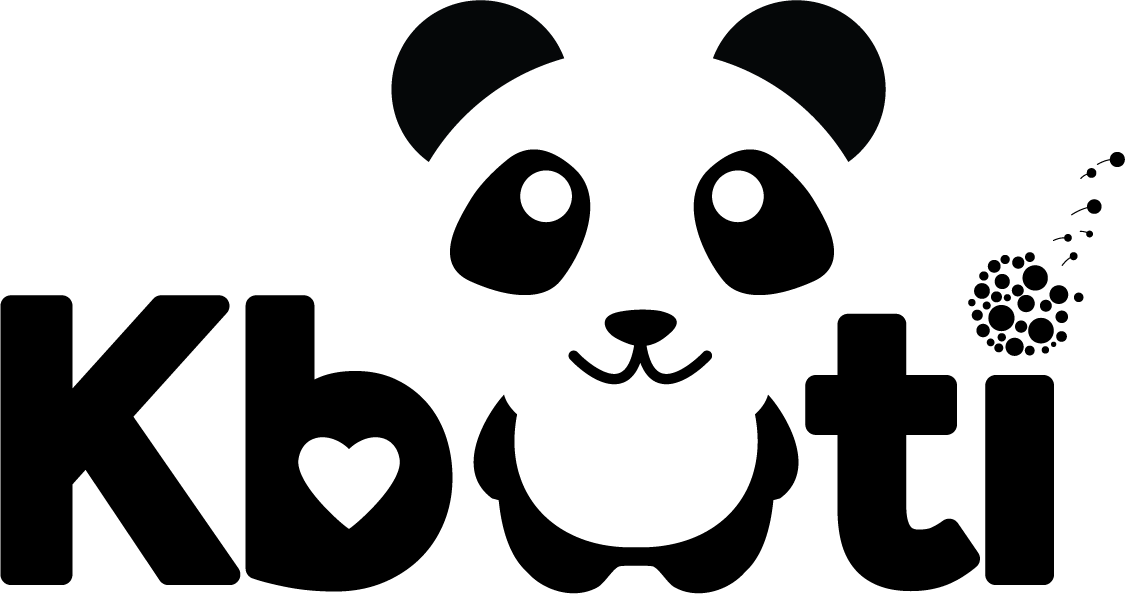Depending on what dictionary you open up and read, the meaning of personal ‘health’ by and large has similar descriptions.
Here are the definitions you’d be likely to come across:
The general condition of the body or mind with reference to soundness and vigour: in poor health.
Soundness of body or mind; freedom from disease or ailment: to lose one’s health.
Vigor; vitality: economic health.
(Medicine) the state of being bodily and mentally vigorous and free from disease
(Medicine) the general condition of body and mind
the condition of any unit, society, etc: the economic health of a nation.
(modifier) of or relating to food or other goods reputed to be beneficial to the health: health food; a health store.
The overall condition of an organism at a given time.
Soundness, especially of body or mind; freedom from disease or abnormality.
A condition of optimal well-being: concerned about the ecological health of the area.
So now that we know what health is, what does wellness mean and is it the same as good health?
Wellness is a state of optimal well-being that is oriented toward maximizing an individual’s potential. It’s not something that you are born with predetermined to have. It’s something you work towards. Wellness is much more than merely physical health, exercise or nutrition. It’s a life-long process of fully integrating your physical, intellectual, emotional, social, spiritual, and environmental well-being.
Halbert L. Dunn, M.D. was the leading figure in establishing a national vital statistics system in the United States and is known as the “father of the wellness movement.”
He introduced the term wellness in the 1950’s and wrote the book ‘High Level Wellness’. Although the book didn’t get much traction back then, it did a decade later when the holistic health movement took off.
So how does it differ to health?
According to the Armstrong Atlantic University, wellness is: “a state of being well, a way of life, a choice, and a lifestyle designed to achieve a person’s highest potential for well-being. It is an aspect of health cost management that focuses efforts on maximizing an employee’s general health and a decision a person makes to move toward optimal health. Furthermore, the concept of wellness uses daily practices that keeps one “well” and involves maintaining good nutrition, exercise, stress control, and good personal and social relationships. In addition, it is a balance of the mind, body and spirit that results in an overall feeling of well-being which is a process of becoming aware of and practising healthy choices to create a more successful and balanced lifestyle.”
The University of East Carolina defines wellness as “the integration of mind, body and spirit. Optimal wellness allows us to achieve our goals and find meaning and purpose in our lives. Wellness combines seven dimensions of well-being into a quality way of living. Overall, wellness is the ability to live life to the fullest and to maximize personal potential in a variety of ways. Wellness involves continually learning and making changes to enhance your state of wellness. When we balance the physical, intellectual, emotional, social, occupational, spiritual, and environmental aspects of life, we achieve true wellness.”
Health and wellness are not synonyms. Health refers simply to a physical body and mind being free from diseases, illness, injury or pain. Just losing weight or lowering cholesterol, walking each day or eating raw food can be enough for someone to be considered healthy.
Wellness is an overall balance of your physical, social, spiritual, emotional, intellectual, environmental, and occupational well-being. Wellness is a lifestyle in which you consistently work towards achieving. A position that someone strives for balance throughout their whole life. I believe this state is key in child creation.
When you’re on the baby making journey, wellness is a train you want to be riding on straight away. Every day, aim to be a little better or do a little more the keeps you moving forward to this place.
